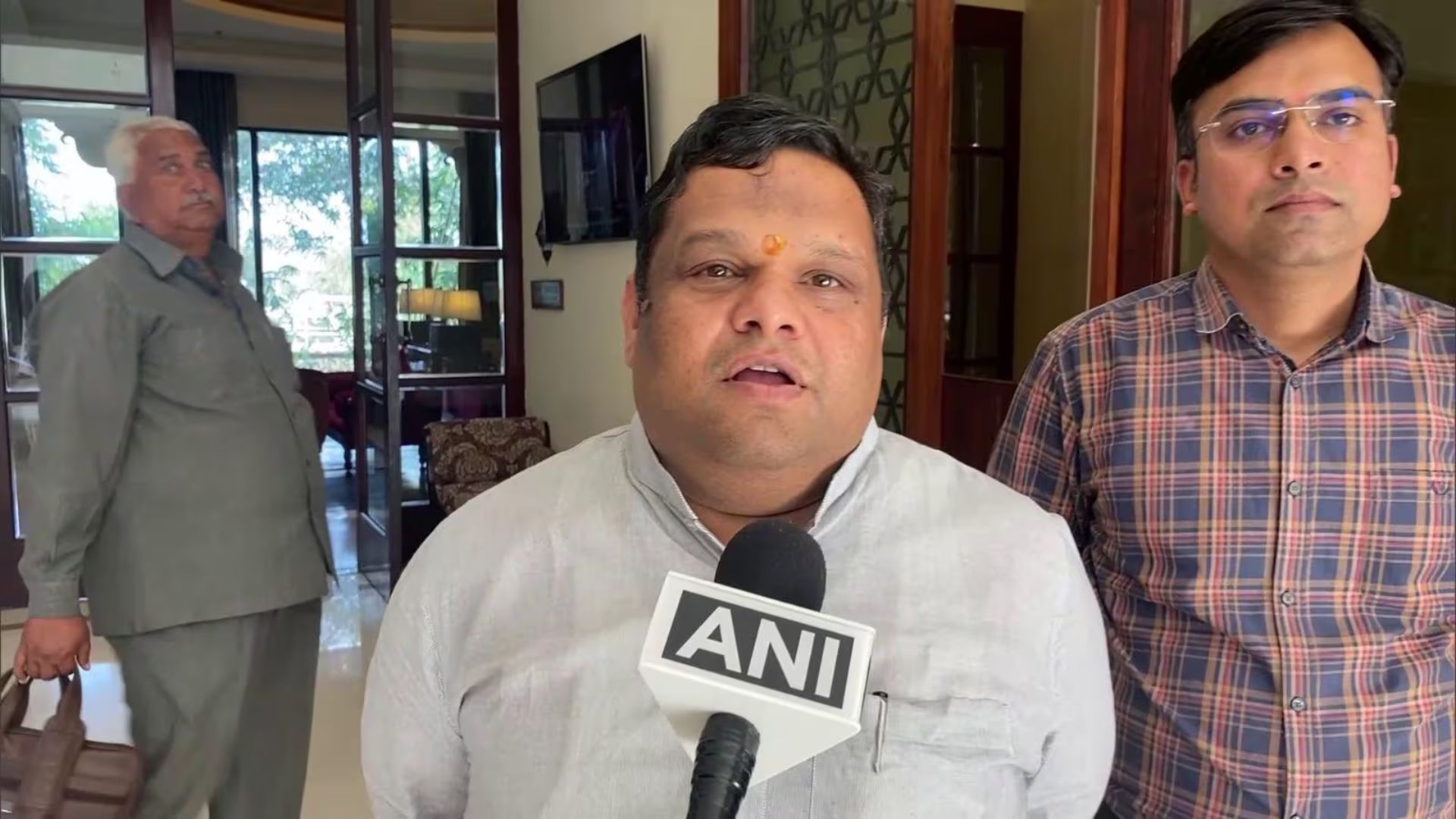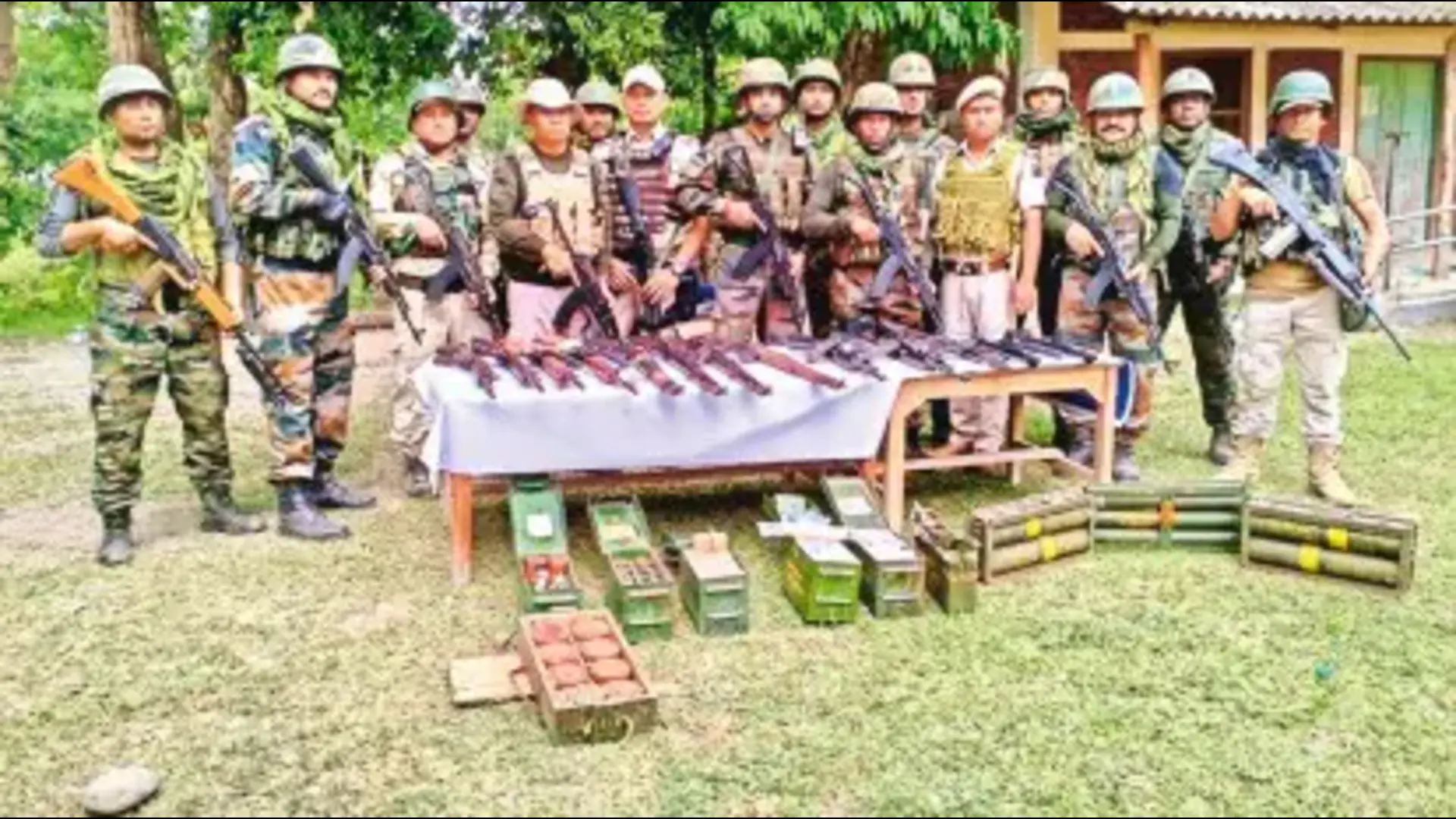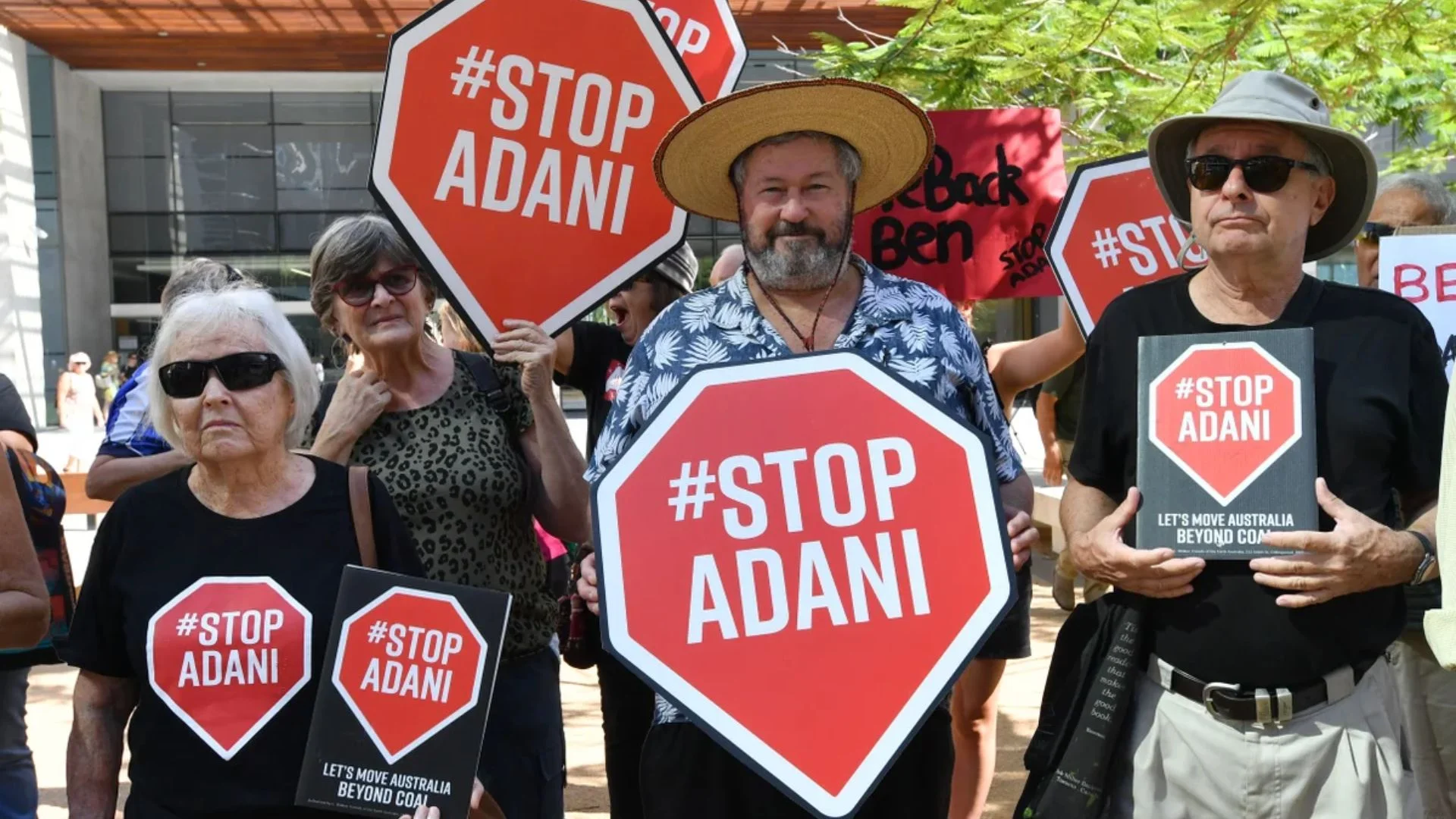
National Commission for Protection of Child Rights (NCPCR) chairman Priyank Kanoongo raised concerns on Sunday about the alleged use of a “radical curriculum” and “Pakistan-published books” in government-funded madrassas in Bihar. Kanoongo took to X to express his alarm, highlighting that books like “Talimul Islam” are reportedly being used in these institutions, which label non-Islamic individuals as “Kafirs.”
“In Bihar, Talimul Islam and other similar books are being taught in government-funded madrassas. These books declare non-Islamics as Kafirs,” Kanoongo stated in his post on X.
The NCPCR chairman also voiced concern over reports that Hindu children are being enrolled in these madrassas, accusing the Bihar government of withholding data on the number of such students. He questioned the state’s transparency, particularly regarding the transfer of Hindu children from madrassas to regular schools, and pointed out that the Bihar Madrasa Board claims the madrassa curriculum was developed by UNICEF India.
Kanoongo criticized UNICEF and the Madrasa Board, calling their involvement “the height of appeasement.” He condemned the use of funds for creating what he described as a “radical curriculum,” arguing that this misuse violates both the Constitution of India and the United Nations Convention on the Rights of the Child (UNCRC). He urged the UN to investigate these activities in India.
Kanoongo further alleged that many of the prescribed books are published in Pakistan and emphasized that madrassas are not suitable for basic education. He recommended the dissolution of the Madrasa Board, asserting that Hindu children should not be enrolled in these institutions.















